In our everyday lives, we tend to make decisions based on the principle of least privilege. Our decisions related to standard occurrences are instinctively designed to provide ourselves, or those involved, with minimal access to the resources needed to get the job done. Ordering a pizza to your home? The delivery driver will only come as far as your front door since any additional access is unnecessary. Vendor coming to your office for a sales meeting? You won’t be providing them with access to your electrical closet. The principle of least privilege helps us keep our belongings, data, and ourselves as safe and secure as possible. In the following post, we’ll be discussing How To Protect Your Domain Names Integrity.
The principle of least privilege is a critical component of I.T. services. Diligex uses this principle in order to help keep your sensitive company data restricted to just the individuals and applications that need the access. Along with your company data is another vital aspect of your business that Diligex can help protect: your domain name. Maintaining the integrity of your company’s domain name helps keep your operations running smoothly.
What is a domain name?
A domain name is a core function of the internet that you use on a daily basis if you spend any time online. Every website on the internet is reached via it’s domain name. In our case, the domain name for Diligex is diligex.com. When talking about a business, you may have seen or heard reference to their website’s “URL”. A URL is a full address to access a website which incorporates the organization’s domain name such as https://diligex.com/. The domain name is the central component of your company’s presence on the internet.
That’s it?
Not quite! Your domain name does so much more. For example, there’s a good chance that your domain name is part of your business email address. Our team uses diligex.com in all of our company email addresses so that our clients can rest assured knowing that they are communicating with their trusted I.T. service provider. Your domain name may also be used to provide your business with valuable ancillary services such as providing you with secure remote access to your company data, or giving you a method of signing onto multiple computers with one set of credentials.
How does it work?
Every device connected to the internet has a unique identifier called an IP address. Depending on the use case, an IP address might be private to your local business (called a Local Area Network) or a public IP address that is visible from the outside world (called a Wide Area Network). A domain name is used as an easy to remember identifier that internet services then translate into a unique IP address in order to provide you with access to the intended destination. This translation of data uses a protocol called Domain Name System (DNS). Much like how a phone book could be used to translate a person or business into a phone number, DNS helps look up an internet IP address by the domain name.
How do I protect my domain name’s integrity?
The most important factor in keeping your domain name working properly is by ensuring that only trusted individuals have the ability to access its internal settings. The inner workings of your domain name and what IP addresses it points to is found within what is called a DNS zone file. Management of the DNS zone file can be found in a few potential locations depending on configuration, but is usually found within the same location that your domain name was purchased. This location is called your domain’s registrar. Because of the sensitive nature of a DNS zone file, even a single typo within it can prevent your domain name from routing as expected. This could potentially result in your website not working, or email ceasing to function. In a worst case scenario, the domain could even be maliciously routed to malware or transferred to a new owner if the registrar access falls into the wrong hands.
Circling back to the principle of least privilege, it is important to ensure that vendors requesting access or modifications to your company’s DNS records are granted only at the minimum required level. Let’s say that you are working with a website developer to design a new modern website for your company. They may ask for access to your DNS records in order to point your domain name to their servers. Because your domain name affects more than just access to your website, the website developer should not be provided access that would allow them to modify those other paths. Unfortunately, there have been many examples in the past of this occurring, resulting in said developer applying their own DNS zone file template with good intentions but resulting in negative consequences. The easiest way to avoid this type of situation is by requesting that the vendor provide the recommended setting changes for review and implementation by the trusted DNS management team such as Diligex.
So how can you minimize the chance of a similar situation happening to your business? At Diligex, we take pride in using great care when managing and maintaining your I.T. environment. As a valued client, Diligex can manage your domain name records for you to remove the worry that modifications are being performed by those who may not be fit for the task. The team here at Diligex is well skilled in the art of maintaining DNS zone files as well as all of the other I.T. tasks that help your business succeed. You can trust that our skilled professionals will take great care in managing your domain’s DNS records. The well being of your business is our top priority and it all begins with your company’s presence and accessibility. By letting Diligex manage your company’s domain records and other I.T. needs, your business can focus on what really matters most: success.
Whether you are an existing Diligex client that wants to ensure that your domain records are in good hands, or are curious as to how Diligex can help your company prosper through well-managed I.T. support, reach out to us at https://diligex.com/contact/ and a member of our team will be in touch.
